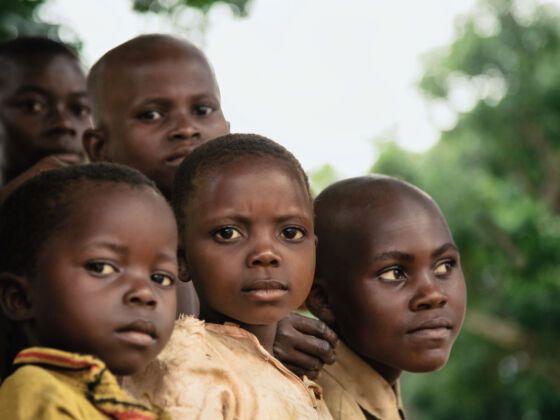I hate to be a downer. But as many people around the world celebrate the election of Barack Obama as the 44th president of the United States, it’s worth remembering that there are still many countries badly in need of a little hope and some change they can believe in.
We’ve come a long way, and we have reason to celebrate.
But there’s also a long way still to go.
Here, as a grim reminder in this happy post-election honeymoon, are five of the world’s worst leaders.
